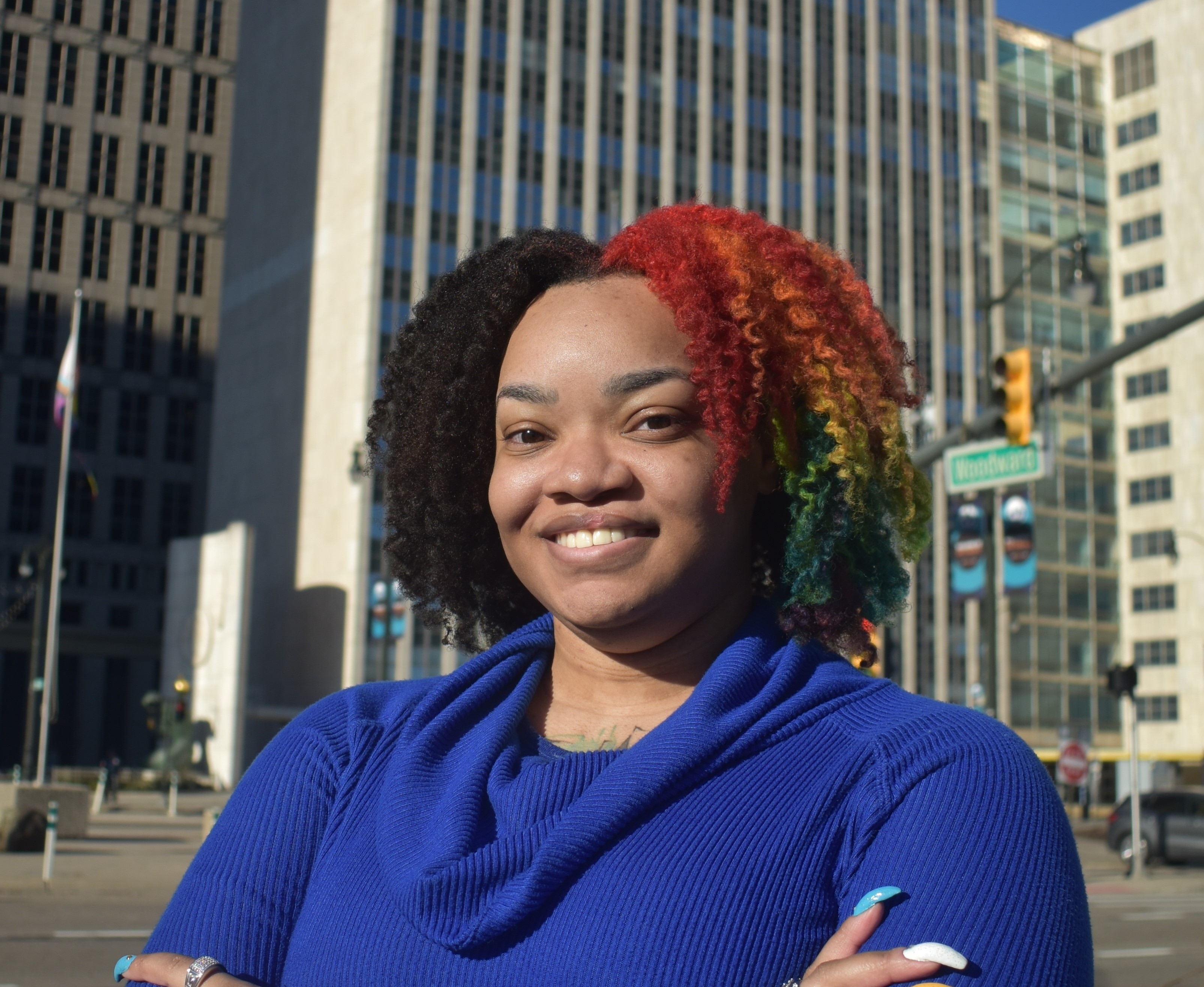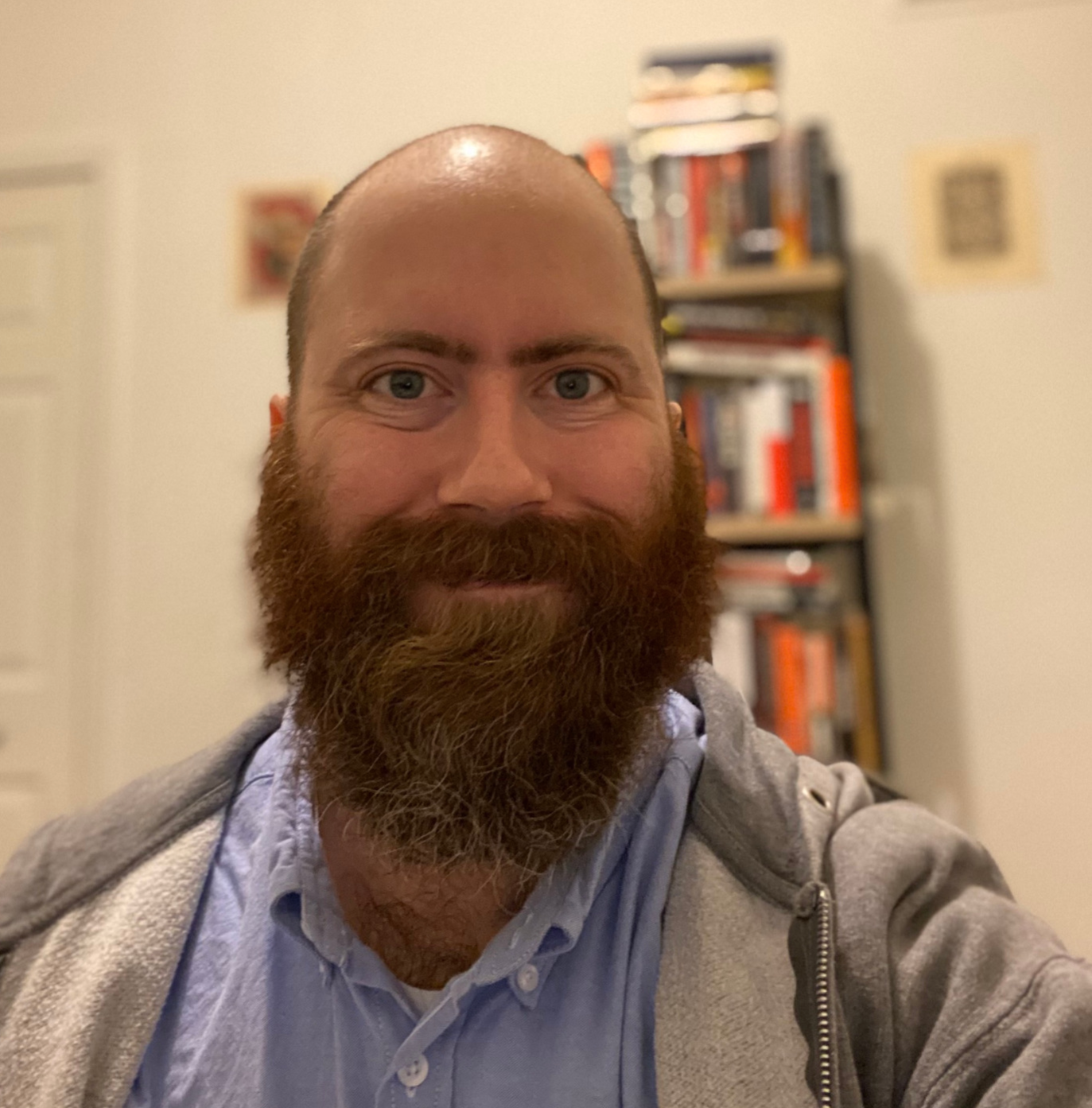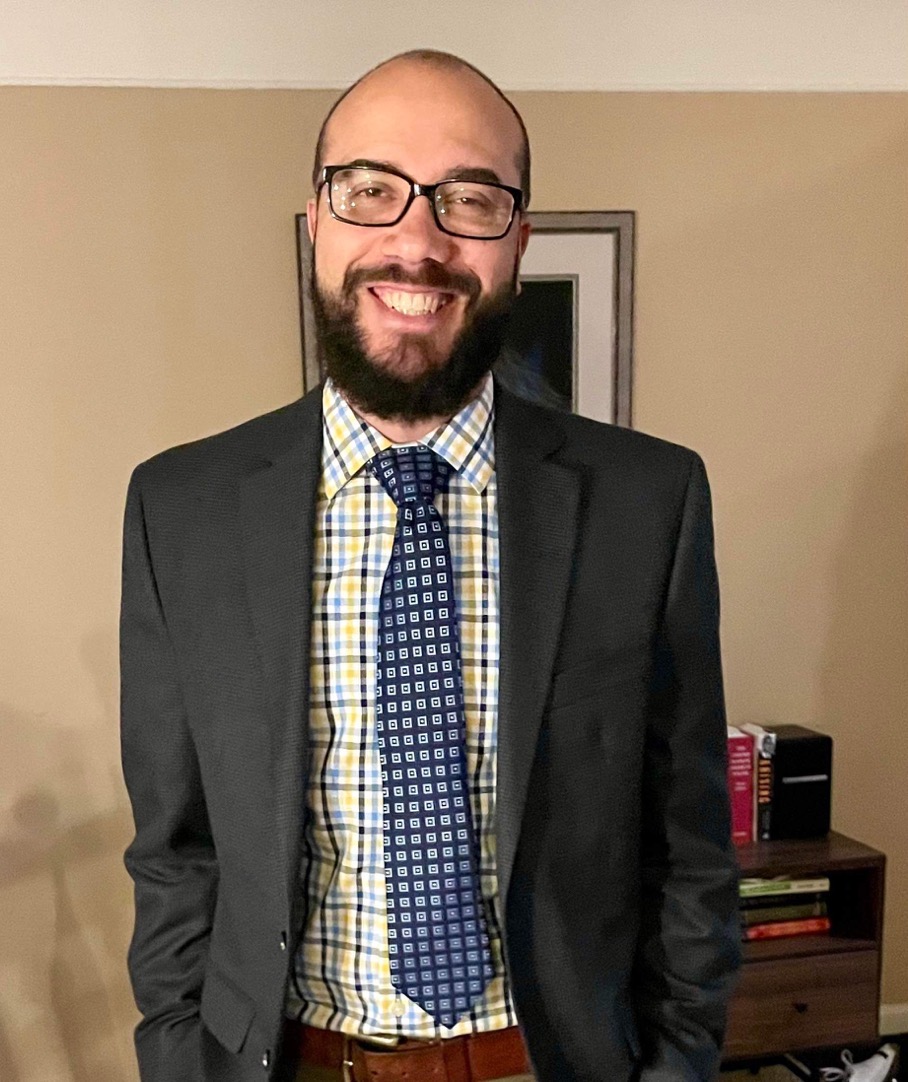Celebrating Black history through research
Black history deserves to be recognized and celebrated year-round. These CLAS Warriors share their current research in Black history and African American studies through the lens of anthropology and history.
Racial Identity Negotiation and Racial Performativity Among the Black Bourgeoisie

The results of institutional racism have led to elite spaces being predominantly occupied by white Americans, therefore, the study of elite spaces is a study of white culture. Black Americans must engage in various forms of performative whiteness and racial identity negotiation to garner social capital which is a requirement for upward social and economic mobility.
However, research shows that constant racial identity negotiation and linguistic performances of whiteness harm a person's sense of belonging, racial identity and security in themselves. In this context, I study how the Black elite linguistically performs and embody the white culture and how these actions shape their racial identity. Finally, given that discourse surrounding Black racial identity in white spaces commonly surrounds themes of loss, racial inauthenticity and racial insecurity, I will be researching how racial safe havens are created and used to regain or rebuild one's racial identity.
My research is crucial because I aim to better understand how white supremacy values permeate across all levels of our social hierarchy. Despite the Black elite attaining higher social and economic status, they still experience racism and oppression in different forms than normally understood. I seek to understand how white supremacy affects the Black upper class regardless of assimilation to certain white supremacy cultural values. Finally, this project will allow us to better recognize the patterns of how white supremacy and institutional racism are maintained and reproduced.
Santeiu D. Griffin, NDCCDP - Graduate student in anthropology
Moving Past the Factory Floor: Radical Health Care Workers in Detroit during the Long 1970s

My research focuses on Black radical groups like the League of Revolutionary Black Workers and their attempts to organize healthcare workers in Detroit Hospitals and their connections with New Left health groups like the Medical Committee for Human Rights. At the same time, it looks at efforts by Black Detroiters to provide quality and accessible healthcare to the community. This includes the community-owned and operated Jeffries Health Clinic, established in 1968. Finally, my research looks at the struggle to keep Detroit General Hospital open to anyone who needed medical care, regardless of ability to pay.
My research is important to me because the scholarly focus on groups like the League of Revolutionary Black Workers tends to put organizing efforts within the auto industry at its center, emphasizing the work of radical male autoworkers and intellectuals. Through my research, I hope to shift the focus from the factory floor to hospitals, shedding light and centering focus on the vital work of radical Black women within Detroit's labor movement during the 1960s and 1970s. I also think it is essential to highlight the history of the struggle for social justice in health care in Detroit.
John T. Popiel - Ph.D. student in history
Podcast: Detroit - Season 1 Black Bottom and Paradise Valley
 I've broken the story into four episodes. The first establishes the area in the lower east side of Detroit, home first to immigrants and later African Americans. It tells the story of an 1863 race riot that erupted over the arrest and wrongful conviction of a mixed-race man accused of sexually assaulting a white girl. It ends with the area's emergence in the 1910s and 1920s as the majority area for African Americans and how white supremacy created the situation.
I've broken the story into four episodes. The first establishes the area in the lower east side of Detroit, home first to immigrants and later African Americans. It tells the story of an 1863 race riot that erupted over the arrest and wrongful conviction of a mixed-race man accused of sexually assaulting a white girl. It ends with the area's emergence in the 1910s and 1920s as the majority area for African Americans and how white supremacy created the situation.
The second episode discusses the heyday of Black Bottom and how racist housing practices hemmed in African Americans to small areas of the city. It discusses the Sojourner Truth home riot and the 1943 race riot.
Episode three discusses urban planning and the decision that caused the razing of Black Bottom and Paradise Valley.
Episode four discusses the aftermath. The tangential line from the BB and PV destruction, the rebellion of 1967, the recent decisions to bring I-375 to street level and the discussion surrounding representations because of the freeway construction.
This research is essential to me for a couple of reasons. My grandfather once owned property in Black Bottom and he took his family, including my father, to church in Black Bottom, so I've always been curious about this area. But I am also driven to explore how white supremacy shaped Detroit, how housing decisions made at the city, state and even federal level determined who could live where and how that impacted the everyday lives of African Americans.
Jay Williams - Graduate student in public history
By Nia Moore, College of Liberal Arts and Sciences public relations associate